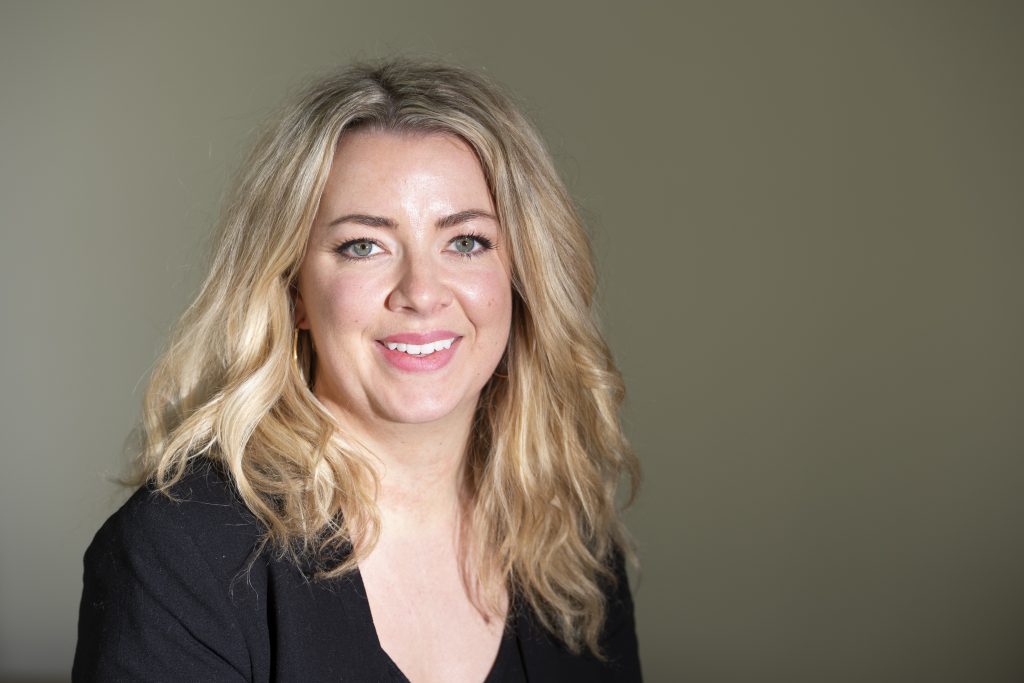Dr Rebecca Ogden, Lecturer in Latin American Studies in the Department for Modern Languages appeared on BBC Radio Kent (Rebecca features at 1:48:00) on 6 March to discuss the challenges and the changing perceptions facing languages in the UK, saying “there has never been a better time to learn a new language”.
She said, ‘there are lots of interesting discussions going on about how the curriculum could be transformed to make it more relevant but I think that language is a way into the culture and vice versa. At Kent, we see that it is impossible to study the language without knowing the culture; the culture is a vast library of meaning that you have access to when you learn a language – the two are completely interrelated.
Studying languages is a commitment and does involve memorising vocabulary, for example, but the students we have are often learning a language for the first time and they finish their degree being able to write and speak fluently…We might consider English to be ubiquitous but it has been estimated that £50M in GDP has been lost due to a lack of language skills, when it comes to diplomacy, soft power, negotiating business deals and the kind of trade agreements that we may need in a post-Brexit scenario, saying ‘everyone speaks English’ won’t hold much water.
However, I think most people who learn languages would say that it isn’t just about how useful they are and having the ability to translate A into B, there is also the huge sense of enjoyment that you get from it, the social connection, the cognitive benefits…anyone who has learnt a language and enjoyed it would say that it isn’t just about translation, it’s about understanding ourselves and our own language, and having a broader world view.’
Acknowledging that learning a new language can feel like a huge challenge, Rebecca also highlighted the range of tools available to beginners, including apps such as Duolingo and resources such as the University’s Language Express programme, which is open to anyone wanting to learn a new language, as well as degree programmes in the Department of Modern Languages which are available to beginners as well as those who have an A level in the language.

